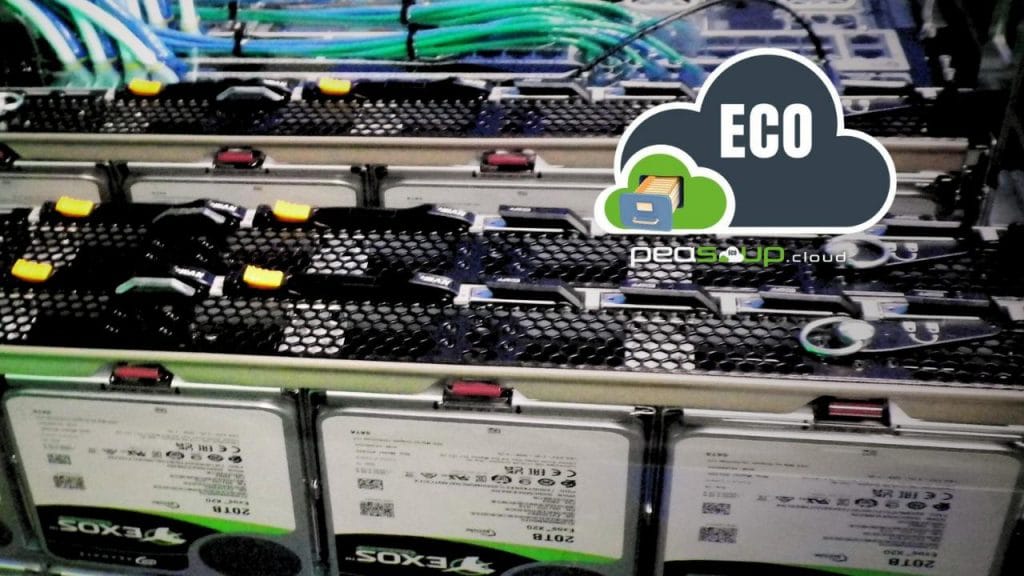S3 Compatible Solutions with Liquid Immersion Cooling
Revolutionising S3 Compatible Storage
In today’s digital landscape, efficient and scalable storage solutions are necessary for businesses and organisations managing ever-increasing volumes of data. Traditional methods often struggle to meet the demands for speed, reliability, and environmental sustainability. A groundbreaking approach to address these challenges involves deploying S3 compatible storage solutions from data centres using liquid immersion cooling technology. This innovation ensures seamless API integration while significantly enhancing performance, efficiency, and sustainability.
The Power of S3 API Compatibility
S3 (Simple Storage Service) is a widely adopted protocol for object storage, renowned for its scalability and ease of use. With a fully compatible S3 API storage solution, organisations can seamlessly integrate new storage systems with their existing workflows and applications. This compatibility means no additional development effort, extensive learning curves, or disruptive changes to business operations are required.
Key benefits of S3 API integration include:
- Simple Transition. Existing tools and processes can operate without modification.
- Wide Compatibility. Broad support across applications, platforms, and services.
- Scalability. Effortless scaling to accommodate growing data storage needs.
By ensuring compatibility, organisations can focus on innovation and operational efficiency without worrying about the complexities of adapting to a new storage protocol.
Seamless Integration and Efficiency
The combination of S3 API compatibility with liquid immersion cooling technology creates a compelling solution for modern data storage challenges. Organisations can benefit from:
- Effortless Workflow Integration. With no need for reconfiguration or retraining, businesses can maintain productivity during the transition.
- Sustainable Operations. Energy-efficient cooling systems help reduce carbon footprints and operational expenses.
- Scalable Infrastructure. Both S3 compatibility and liquid immersion cooling support future-proofing data storage strategies.
Moreover, by utilising liquid immersion technology, data centres achieve higher operational efficiency, ensuring consistent service delivery even during peak demands.
Use Cases
Organisations across various sectors stand to benefit from deploying S3-compatible storage systems supported by liquid immersion cooling. Some prominent use cases include:
- Cloud Service Providers. The need for massive, scalable, and efficient data storage makes this solution ideal for cloud platforms.
- Media and Entertainment. High-performance storage is essential for managing extensive video archives and real-time streaming.
- Healthcare. Secure and efficient storage of sensitive patient data is critical.
- Financial Services. Reliable and scalable storage solutions are necessary for handling vast volumes of transactional data.
Future Prospects and Innovations
As the demand for data storage continues to grow, innovations like liquid immersion cooling and seamless S3 API integration will become increasingly important. Continuous advancements in these technologies promise even greater efficiencies, reduced operational costs, and a greener footprint for data centres globally.
Conclusion
Deploying S3-compatible storage systems with liquid immersion cooling marks a significant advancement in data centre operations. By combining seamless integration with cutting-edge cooling technology, businesses can achieve unparalleled efficiency, sustainability, and performance. This innovative approach positions organisations for success in an increasingly data-driven world, paving the way for smarter and more sustainable digital infrastructure.
About liquid immersion cooling
Traditional air-cooled data centres face numerous limitations, including high power consumption, thermal inefficiencies, and increased maintenance demands. Liquid immersion cooling offers a transformative alternative by submerging storage systems in specially engineered cooling fluids that efficiently dissipate heat.
This approach brings several advantages:
- Enhanced Cooling Efficiency
- Reduced Energy Consumption
- Higher Hardware Density
- Prolonged Equipment Lifespan
As a result, liquid immersion cooling not only supports the growing demand for data storage but also aligns with global sustainability goals by reducing energy usage and minimising the environmental impact.

